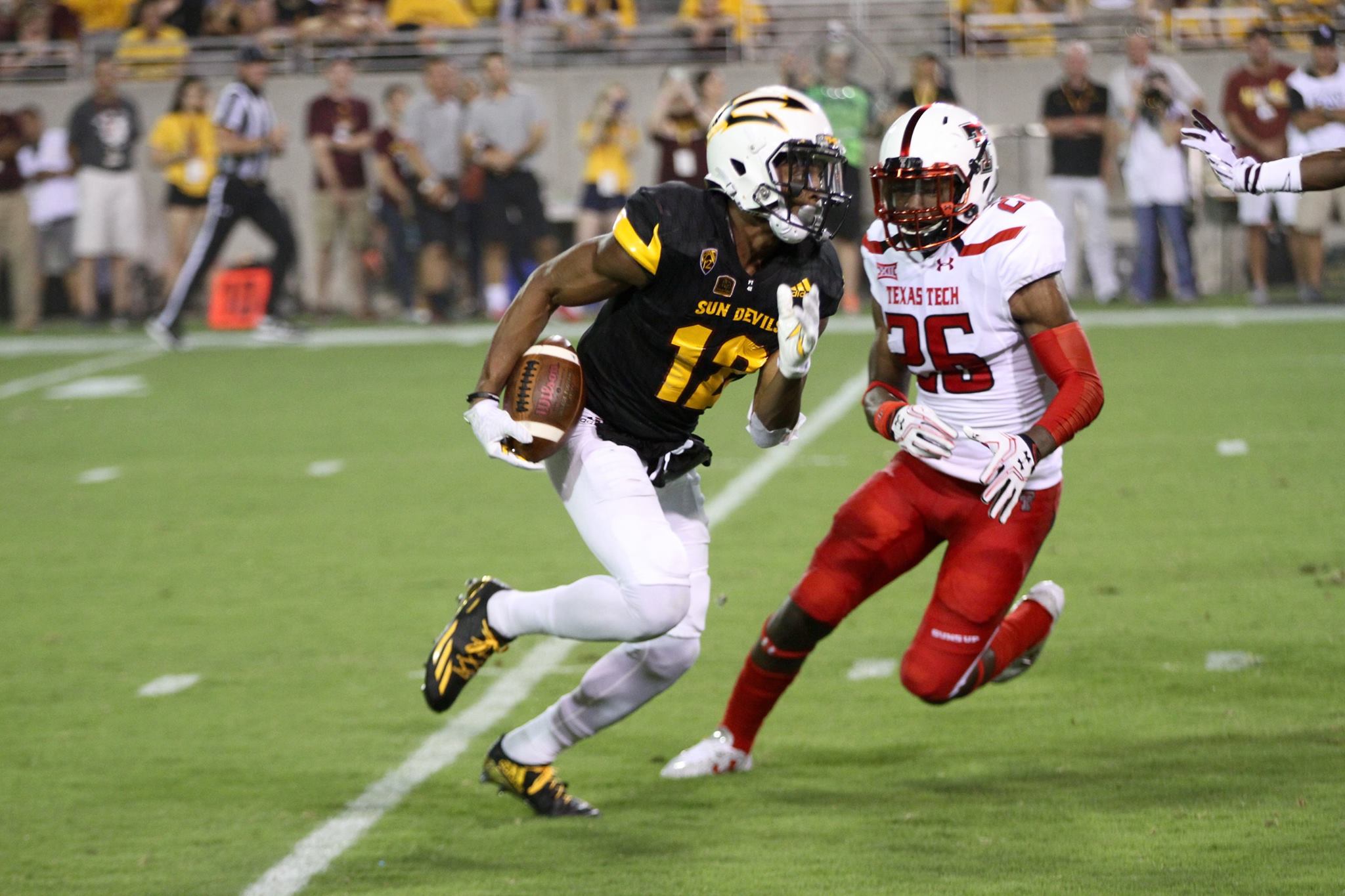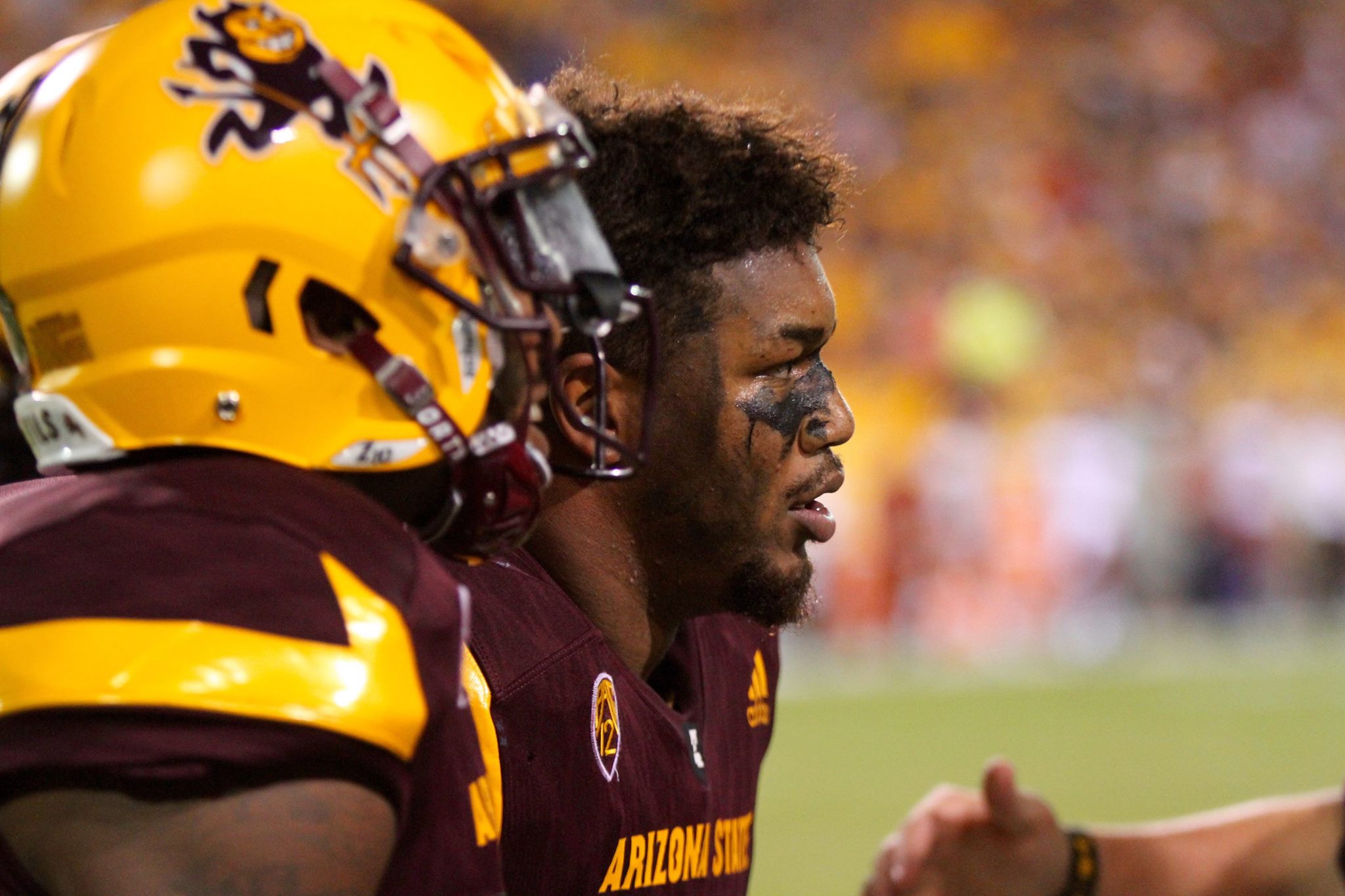Excessive celebration in football has become a hot topic among fans, players, and governing bodies alike. From wild dance routines to provocative gestures, celebrations on the pitch often spark debates about sportsmanship, respect, and the spirit of the game. While some argue that these moments add excitement and personality to the sport, others believe they cross the line into unnecessary theatrics. With governing bodies like FIFA and UEFA imposing rules to regulate such behavior, it's crucial to understand the implications of excessive celebration in football and how it affects the game.
In recent years, excessive celebration football incidents have made headlines, with players receiving yellow cards or even red cards for their over-the-top antics. These moments often go viral on social media, drawing both praise and criticism from fans worldwide. Whether it's a player removing their shirt, mimicking a weapon, or engaging in choreographed routines, these celebrations can sometimes overshadow the actual gameplay. The question arises: where should the line be drawn between self-expression and maintaining the integrity of the sport?
As football continues to evolve as a global phenomenon, the debate over excessive celebration football has gained momentum. Players are increasingly using their time in the spotlight to showcase their individuality, but this comes with risks. Governing bodies are tasked with balancing the need for entertainment with the responsibility of upholding the sport's values. In this article, we’ll explore the nuances of this issue, its impact on the game, and what it means for the future of football.
Read also:Unlock The Best Black Friday Babbel Deals For Language Learners
Table of Contents
- What is Excessive Celebration Football?
- Why Do Players Celebrate Excessively?
- Is Excessive Celebration Football Harmful?
- What Are the Rules and Regulations?
- Impact on the Game
- Famous Incidents of Excessive Celebration Football
- How Does It Affect Fans?
- Should Celebrations Be Regulated?
- The Future of Celebrations in Football
- Conclusion
What is Excessive Celebration Football?
Excessive celebration football refers to actions by players that go beyond the traditional bounds of celebrating a goal. These celebrations often involve elaborate gestures, choreographed routines, or behavior deemed provocative or disrespectful by opponents, referees, or fans. While some see it as a form of self-expression, others view it as unnecessary theatrics that detract from the sport’s core values.
Examples of excessive celebration football include players removing their jerseys, mimicking weapons, or performing stunts that delay the game. Such actions can lead to disciplinary action, including yellow cards or fines. The challenge lies in defining what constitutes "excessive" and whether these celebrations add value to the game or diminish its integrity.
Why Do Players Celebrate Excessively?
Players often engage in excessive celebration football for various reasons. One of the primary motivations is self-expression. In a sport where individuality is celebrated, players use these moments to showcase their personality and connect with fans. For some, it's a way to honor their culture, heritage, or personal journey.
Another reason is the desire to entertain. With millions of fans watching live matches and highlights online, players know that their celebrations can go viral, increasing their visibility and marketability. This has led to a rise in creative and sometimes controversial celebrations. However, the risk of disciplinary action looms large, raising the question: Why do players take the risk of celebrating excessively?
Is It About Emotion or Attention?
For many players, celebrations are an emotional release after scoring a goal. The adrenaline rush and joy of scoring can lead to spontaneous and unrestrained behavior. However, in today's digital age, where social media amplifies every moment, some celebrations seem calculated to grab attention. This duality makes it difficult to categorize excessive celebration football as purely emotional or attention-seeking.
Is Excessive Celebration Football Harmful?
The question of whether excessive celebration football is harmful depends on perspective. For purists, it represents a departure from the sport's traditional values of respect and humility. They argue that such celebrations disrespect opponents and undermine the spirit of fair play.
Read also:Hilltop Motel Oceanside Your Perfect Coastal Getaway
On the other hand, proponents of excessive celebration football argue that it adds excitement and personality to the game. In an era where entertainment is key, these moments can engage fans and make the sport more appealing to younger audiences. However, the potential for controversy and conflict cannot be ignored.
Does It Impact the Flow of the Game?
One criticism of excessive celebration football is that it disrupts the flow of the game. Celebrations that involve props, group routines, or excessive delays can frustrate opponents and fans alike. Referees are often forced to intervene, issuing yellow cards or stopping play to restore order. This raises another question: Does excessive celebration football detract from the quality of the match?
What Are the Rules and Regulations?
Governing bodies like FIFA and UEFA have established rules to regulate excessive celebration football. According to the Laws of the Game, players can be penalized for behavior deemed excessive or provocative. Common offenses include removing the shirt, covering the face with a mask, or making gestures that incite violence or disrespect.
The penalties for excessive celebration football can range from yellow cards to fines and suspensions. These rules aim to maintain the integrity of the sport while allowing players to express themselves within reasonable limits. However, enforcing these regulations can be challenging, as interpretations of "excessive" vary among referees and fans.
How Are Rules Enforced?
Referees play a crucial role in enforcing rules related to excessive celebration football. They must assess each situation quickly and decide whether a celebration crosses the line. While some decisions are clear-cut, others are subjective, leading to debates and controversies. The inconsistency in enforcement raises the question: Are the rules for excessive celebration football clear enough?
Impact on the Game
Excessive celebration football has a significant impact on the game, both positively and negatively. On the positive side, it adds entertainment value and creates memorable moments that resonate with fans. These celebrations can also serve as a platform for players to express their identity and connect with diverse audiences.
However, the negative effects cannot be ignored. Excessive celebrations can provoke opponents, escalate tensions, and lead to unsportsmanlike behavior. They can also overshadow the actual gameplay, shifting the focus from skill and teamwork to individual theatrics. This duality highlights the complexity of the issue and the need for balance.
Famous Incidents of Excessive Celebration Football
Over the years, several incidents of excessive celebration football have captured the world's attention. One notable example is Zlatan Ibrahimović's iconic "Taekwondo Kick" celebration, which became a defining moment in his career. Another memorable incident involved Neymar performing a dance routine that sparked both admiration and criticism.
These incidents often spark debates about the appropriateness of such celebrations and their impact on the sport. They also highlight the fine line between creativity and excess, leaving fans and pundits divided.
How Does It Affect Fans?
Excessive celebration football has a profound impact on fans. For some, these moments are a source of joy and excitement, adding an extra layer of entertainment to the game. For others, they represent a departure from the sport's traditional values, leading to frustration and disappointment.
The influence of social media has amplified the impact of excessive celebration football on fans. Highlights of these moments spread rapidly, shaping public opinion and fueling debates. This raises the question: Do fans prefer entertainment over tradition in football?
Fan Reactions and Social Media
Social media platforms like Twitter, Instagram, and TikTok have become arenas for fans to express their opinions about excessive celebration football. Memes, videos, and hashtags related to these moments often trend globally, showcasing their cultural impact. While some fans embrace the creativity, others criticize the lack of sportsmanship.
Should Celebrations Be Regulated?
The debate over whether celebrations should be regulated is ongoing. While some argue that players should have the freedom to express themselves, others believe that excessive celebration football undermines the sport's values. Finding a middle ground is essential to ensure that celebrations enhance the game without detracting from its integrity.
What Would Regulation Look Like?
Potential regulation could involve stricter enforcement of existing rules or the introduction of new guidelines. For example, celebrations that involve props or excessive delays could be penalized more severely. However, implementing these changes requires careful consideration to avoid stifling creativity and self-expression.
The Future of Celebrations in Football
As football continues to evolve, so too will the nature of celebrations. The rise of social media and the growing emphasis on entertainment suggest that excessive celebration football is here to stay. However, governing bodies must find ways to balance creativity with tradition to ensure the sport remains respectful and inclusive.
The future may see more innovative celebrations that push boundaries while adhering to the rules. Players and fans alike will play a crucial role in shaping this evolution, ensuring that football remains a global spectacle that unites people from all walks of life.
Conclusion
Excessive celebration football is a complex and multifaceted issue that reflects the evolving nature of the sport. While it adds excitement and personality, it also raises questions about sportsmanship and respect. By understanding the nuances of this debate, we can appreciate the balance between tradition and innovation in football.
As fans, players, and governing bodies navigate this landscape, one thing is clear: celebrations are an integral part of the game. Whether they are seen as excessive or entertaining, they will continue to shape the future of football, leaving an indelible mark on its history.

